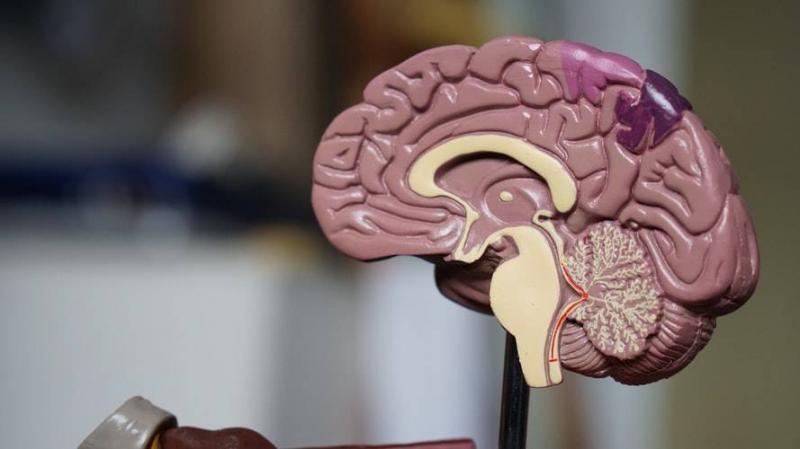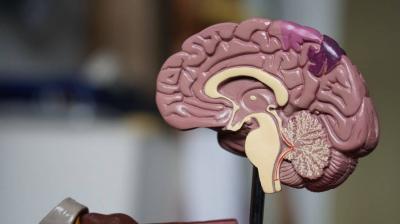A new research paper reveals intriguing results about brain activity following cardiac arrest, known as "clinical death." The findings indicate that the brain remains alive for 30 seconds after the heart stops. This may explain some reports from individuals who have come close to death and were revived, stating that their life's montage flashes before their eyes in an instant.
The research paper was published in the journal "Frontiers in Aging Neuroscience." It was based on the observation of an electroencephalogram (EEG) from an 87-year-old patient in Vancouver, Canada, who suffered a brain hemorrhage and underwent surgery. Brain waves were recorded during the dying process, revealing 12 separate electrical seizures after cardiac arrest.
This paper is the first of its kind and was prepared by neurosurgeon Dr. Ajmal Zemmar, currently at the University of Louisville in the United States, based on the documented experience in Canada.
The author stated, "Our study is the first ever to show that these oscillatory waves are present in the dying human brain, which may provide neurophysiological material and illustrate the brain signal associated with what we call near-death experiences."
The medical observation documented the moment of the individual's heart stopping, with the brain continuing to send signals and electrical waves for 30 seconds.
The gamma waves recorded at the moment of dying were compared with a similar study conducted in 2013 on rats, showing parallelism and persistence for 30 seconds after cardiac arrest as well.
Since the research paper relies on a single case, some scientists suggested that these medical findings regarding the physiological state of the brain after clinical death should not be generalized until other cases are observed.




